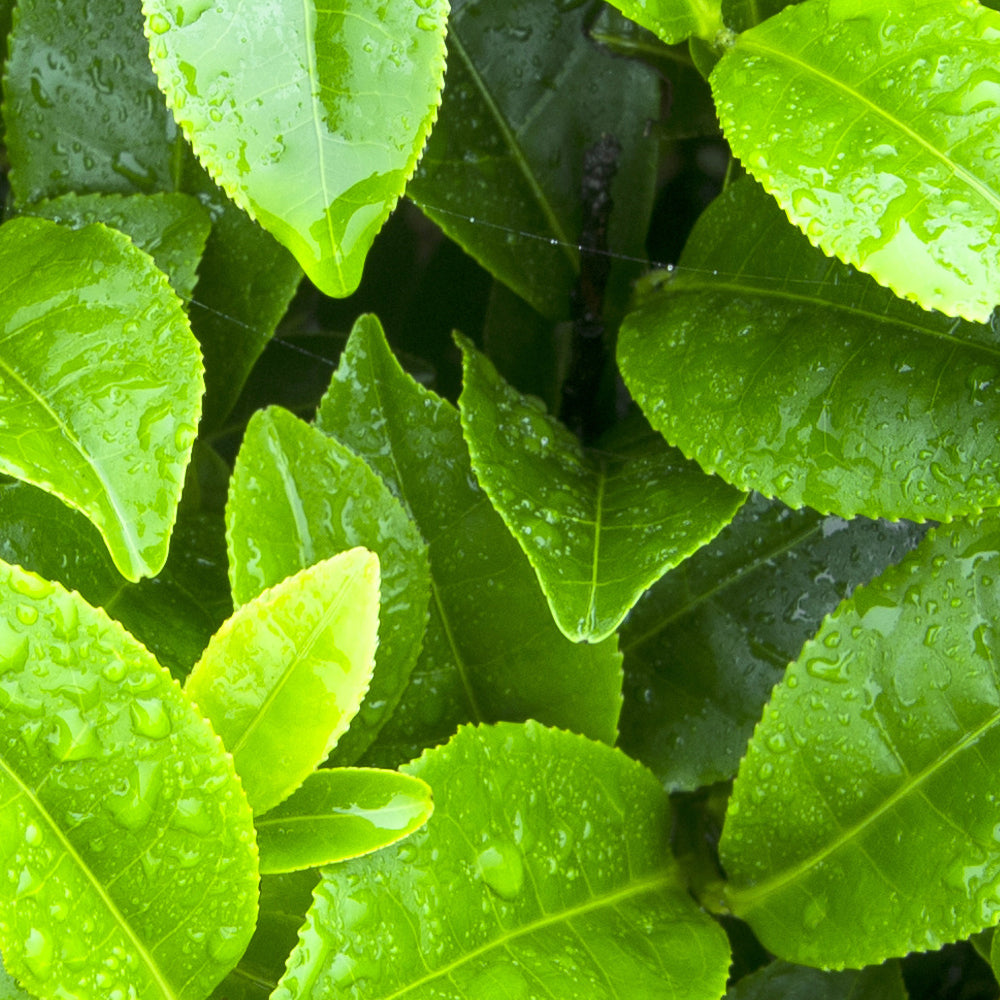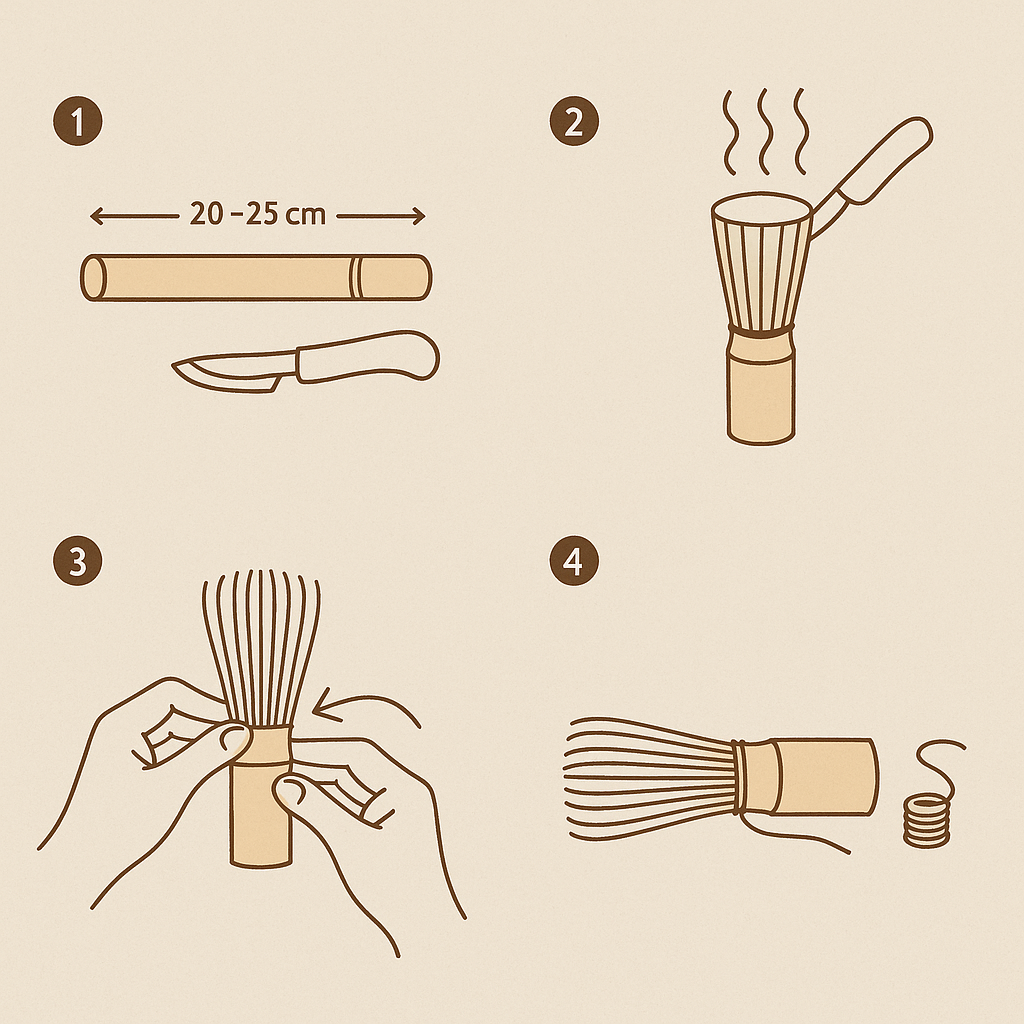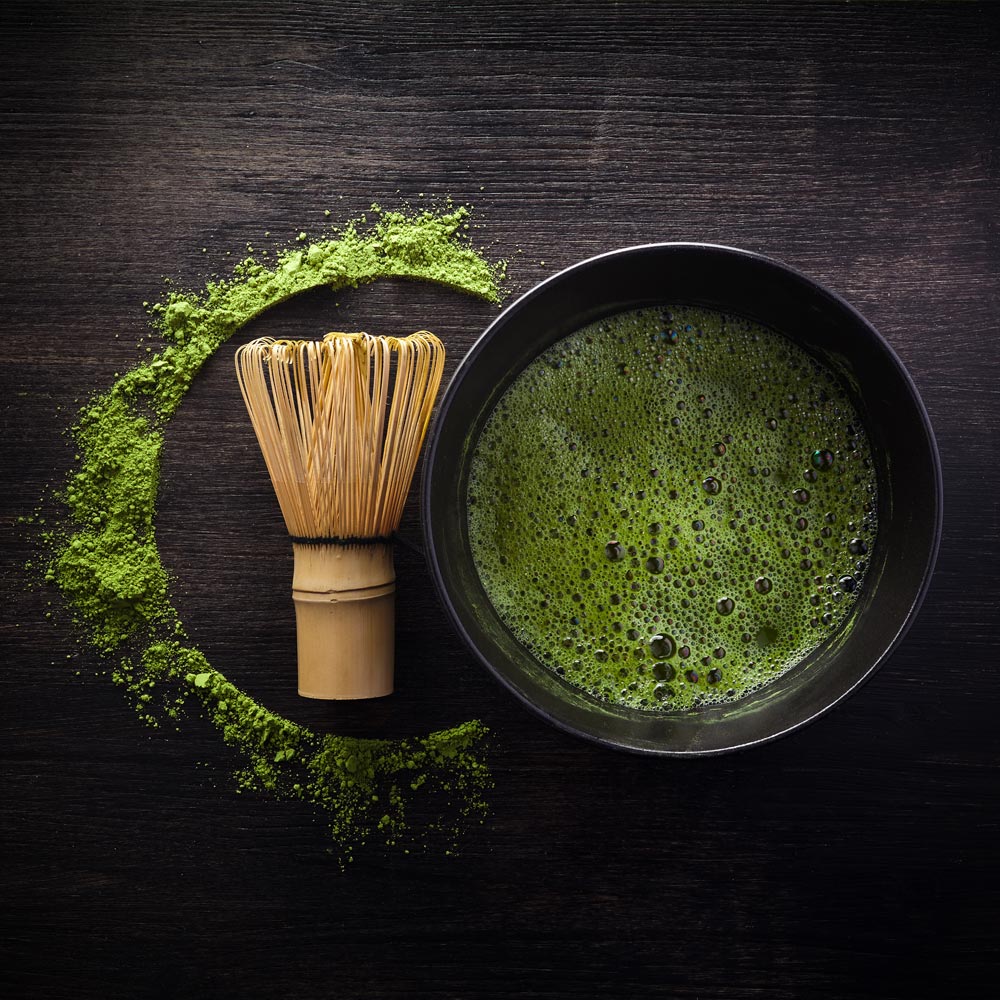Natural fertilizers in comparison: Alpaca wool, sheep wool and BioBizz
Those who want to use natural and organic fertilizers have more choices than ever before. Whether alpaca wool , sheep's wool , or well-known brands like BioBizz – these natural alternatives to artificial fertilizers impress with their sustainability, environmental compatibility, and gentle, long-lasting effects. In this article, you'll learn what makes natural fertilizer so special and how you can use it effectively in your garden or on your balcony.
What is natural fertilizer – and why is it worth switching?
Natural fertilizers consist of organic materials—that is, components of plant or animal origin. Unlike synthetic fertilizers, nutrients are not released immediately, but rather slowly and as needed by the plants. This reduces the risk of overfertilization while simultaneously strengthening soil life.
Examples of organic fertilizers:
-
Animal wool (alpaca wool, sheep wool)
-
Compost, manure or digestate
-
Liquid organic fertilizers such as BioBizz
-
Horn shavings or plant manure
Alpaca wool as a long-term fertilizer for vegetables, herbs and tea plants
Alpaca wool is a particularly interesting organic fertilizer because it:
-
contains a high nitrogen content
-
releases nutrients slowly over weeks and months
-
is odorless
-
loosens the soil and stores water
It's ideal for potted plants, herbs, and tea plants that prefer even, gentle fertilization. Those who want to garden sustainably will find alpaca wool a natural, effective solution—especially when growing tea from Germany.
Sheep wool as a natural fertilizer with long-term effects
Sheep's wool has similar properties to alpaca wool, but is often coarser and can absorb more moisture. It is particularly suitable for:
-
raised beds
-
vegetable beds
-
Plant pots with demanding plants
The slow decomposition of the fibers creates a continuous flow of nutrients. Sheep wool pellets are also commercially available and easy to dose.
BioBizz – Liquid organic fertilizer for fast action
BioBizz products rely on organic ingredients such as molasses, seaweed, and plant-based amino acids. They are particularly suitable for:
-
Houseplants
-
Young plant cultivation
-
Indoor growers and urban gardening
Unlike alpaca and sheep's wool, BioBizz works faster but for a shorter period of time. It's ideal as a supplemental fertilizer during sensitive growth phases.
Advantages of organic fertilizer at a glance
-
Gentle nutrient release without chemical stress
-
Promoting soil life and building humus
-
No risk of over-fertilization
-
Ideal for organic farming
-
Environmentally friendly and sustainable
FAQ – Frequently asked questions about natural fertilizer
What is the best natural fertilizer for tea plants?
Alpaca wool is ideal because it is odorless and releases nutrients over a long period of time – without affecting the taste or the plant.
How does alpaca wool work in the soil?
It stores moisture, loosens the soil and slowly releases nitrogen and other nutrients.
Is BioBizz a natural fertilizer?
Yes, BioBizz is based on plant-based and organic ingredients and is certified organic.
Whether as loose fibers, pellets, or liquid fertilizers, organic fertilizers such as alpaca wool, sheep's wool, and BioBizz are viable alternatives to artificial fertilizers. They naturally promote plant growth, protect the soil, and enable sustainable gardening—in harmony with nature.




Leave a comment
This site is protected by hCaptcha and the hCaptcha Privacy Policy and Terms of Service apply.